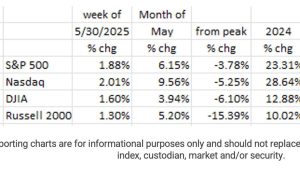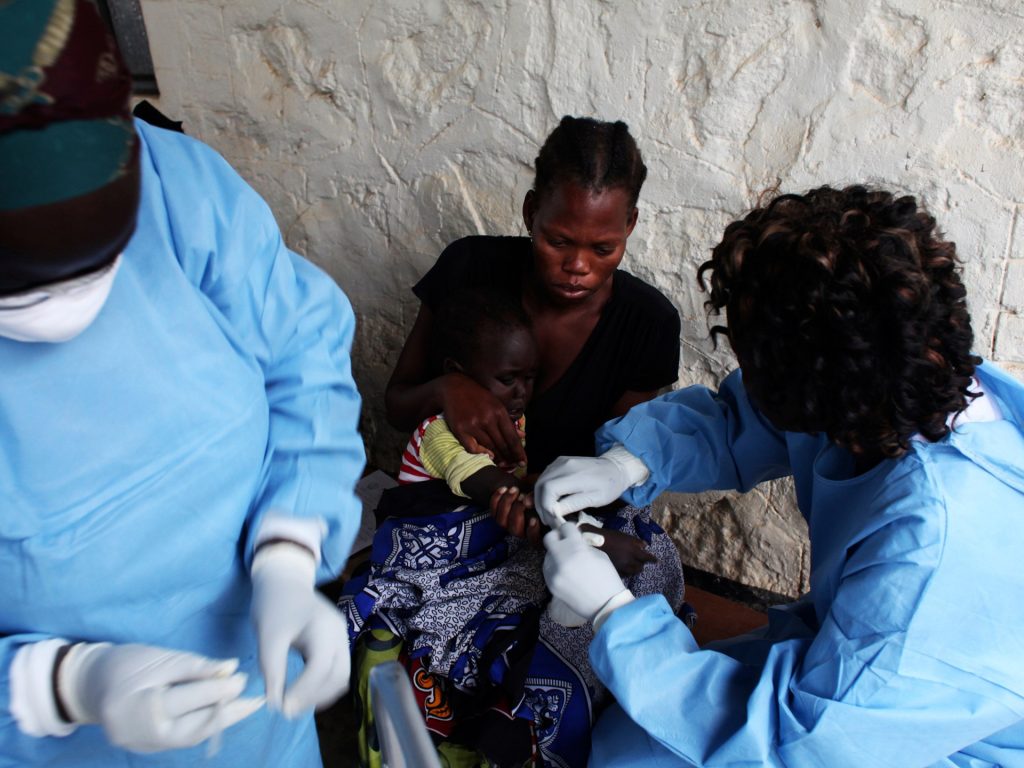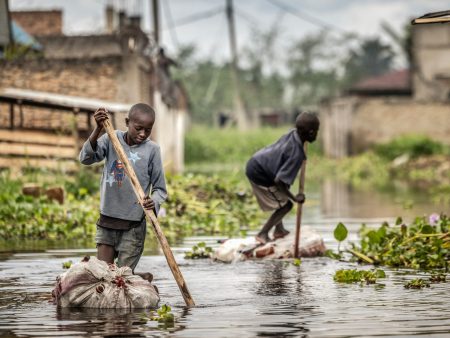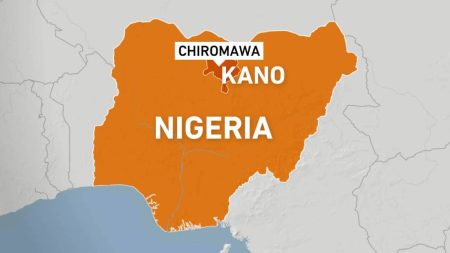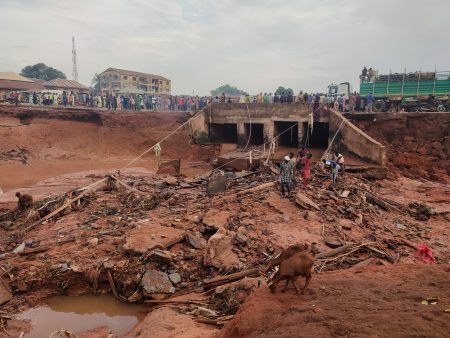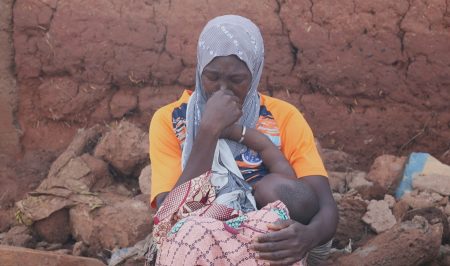The escalating cholera outbreak in South Sudan, initially declared in late October 2024 in Renk, Upper Nile State, has become a critical humanitarian concern, according to Médecins Sans Frontières (MSF), also known as Doctors Without Borders. With over 737 reported cases in Malakal, the state capital, MSF warns of the rapid spread of the disease to neighboring areas like Tonga and Kodok, posing significant risks to an already fragile healthcare system. The organization emphasizes the urgency of the situation and calls for collective action to prevent a wider catastrophe.
Cholera, a severe diarrheal disease, is easily treatable with antibiotics and hydration but can be fatal within hours if left untreated. The disease spreads primarily through contaminated water and food, highlighting the dire sanitation conditions contributing to the outbreak’s severity. The influx of refugees and returnees from Sudan, exceeding 850,000 over the past 18 months, further exacerbates the situation. This influx strains resources, including access to clean water and sanitation facilities, increasing vulnerability to the disease. The convergence of these factors creates a fertile ground for the rapid transmission of cholera.
MSF’s response has involved establishing a 100-bed cholera treatment center near Malakal Town Hospital and a 20-bed unit at Renk Civil Hospital. However, despite these efforts, critical gaps persist, especially in providing adequate water and sanitation services, which are crucial for preventing further spread. MSF highlights the strain on its resources and the urgent need for other organizations to step up and contribute to halting the outbreak’s momentum. The organization’s plea underscores the scale of the challenge and the need for a coordinated, multi-agency response.
The current outbreak represents a significant escalation, with over 1,526 suspected and confirmed cases reported across South Sudan as of December 3, 2024. The situation in Renk, a major entry point for refugees and returnees from Sudan, remains particularly precarious. The continuous influx of displaced populations places immense pressure on the already overstretched health system, hindering effective response efforts and increasing the risk of further outbreaks. This highlights the interconnectedness of displacement, health crises, and the need for comprehensive strategies to address these complex challenges.
Compounding the crisis are the underlying vulnerabilities of South Sudan, one of the world’s poorest countries grappling with persistent violence, pervasive poverty, and recurring natural disasters. These factors weaken the nation’s capacity to respond effectively to public health emergencies, making the population more susceptible to outbreaks like cholera. The long-term instability and lack of adequate infrastructure create a cycle of vulnerability that requires sustained development and humanitarian efforts to break. The current outbreak underscores the fragility of South Sudan’s health system and the urgent need for long-term investments to strengthen its resilience.
The United Nations has taken steps to mitigate the outbreak by securing more than 280,000 doses of oral cholera vaccine for distribution in high-transmission areas. This intervention aims to contain the spread and protect vulnerable populations. However, addressing the root causes of the outbreak, primarily the lack of access to safe drinking water and poor sanitation, requires a comprehensive and sustained approach. This approach necessitates strengthening water and sanitation infrastructure, promoting hygiene awareness, and improving overall health services. Sustained investment in these areas is crucial for preventing future outbreaks and building a more resilient health system in South Sudan.

